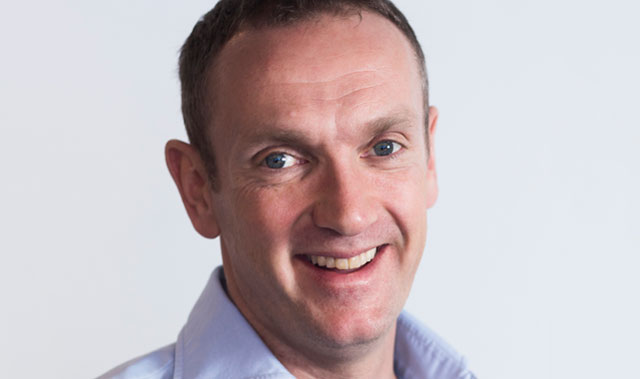
Naspers plans to expand in education software as Africa’s biggest company by market value searches for a repeat of the profitable bet it made on China’s Tencent.
The owner of Africa’s biggest pay-television service is seeking to build on investments in US education-technology companies Udemy and Brainly that it made earlier this year, adding a new limb to a growth strategy that has taken the Cape Town-based company into Indian online retail and Russian social networks.
“We believe that, like how technology has transformed the way people communicate, if you go 10 years from now education will be fundamentally transformed,” CEO Bob van Dijk said in a phone interview on Friday. “People spend a tremendous amount of money and time on education.”
Naspers has been scouring the world for a repeat of the investment that made its name: the purchase of a US$32m stake in WeChat creator Tencent in 2001, which is now worth about $78bn. That helped transform the business from a South African newspaper publisher into global investor in technology companies, and Tencent’s contribution helped Naspers increase earnings by 31% in the six months to September, the company said earlier on Friday.
The e-commerce division also showed signs of strength, with 23 businesses making a profit compared with 18 a year earlier. That helped offset a decline at the TV unit, which was hurt by weaker sub-Saharan African currencies against the dollar while subscribers switched to cheaper competitors.
The shares rose by 1,1% to R2 087,59 at the close in Johannesburg on Friday, valuing the company at R916bn.
Naspers will consider disposing of businesses alongside any purchases in education and other industries, Van Dijk said, citing the sale of Polish online auction site Allegro to private equity firms for $3,2bn last month.
The company has also agreed to combine Indian travel operation Ibibo with US competitor MakeMyTrip, while Amazon.com is in talks to acquire Dubai-based online retailer Souq.com, in which Naspers owns a stake, according to people familiar with the matter.
“We are critical of our portfolio and we want the right assets on board,” the CEO said. “You can expect us to keep looking at our assets that may well lead to further action.”
Naspers is committed to India, where its online retailer Flipkart has been taking advantage of a rise in smartphone use. That’s even as Seattle-based Amazon seeks to expand in the world’s second most populous country.
India “can become one of the biggest online retail markets in the world”, van Dijk said. “Amazon is a fierce competitor and we never underestimate them. I think the strategic advantage that Flipkart has is that it is run by Indian people for Indian people.”
Naspers’s education investments have all been in the US to date, and the company doesn’t see the administration of President-elect Donald Trump as a setback to its growth plans even if he introduces more protectionist policies.
The company’s US classifieds unit “is not a cross-border business; it’s a domestic person-to-person trade business”, Van Dijk said. “In theory if the country becomes more closed the business might actually do better.” — (c) 2016 Bloomberg LP




